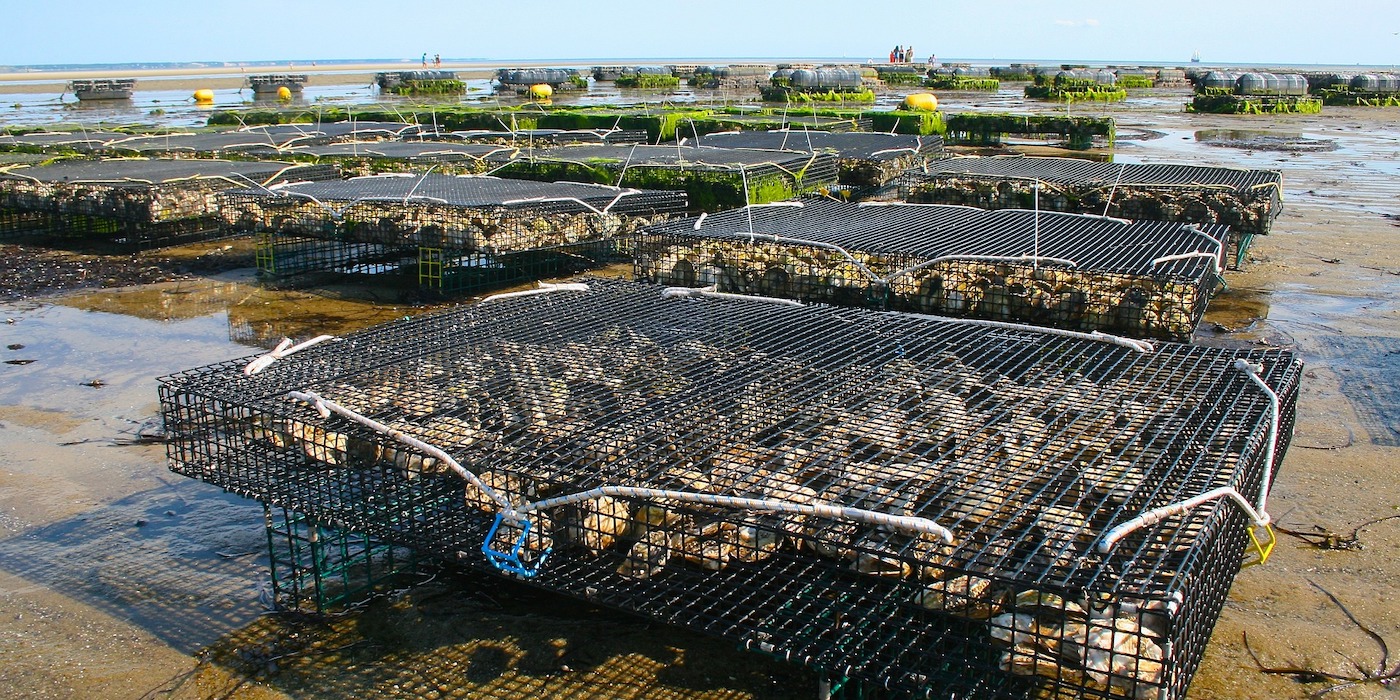Tiny Beam Fellowships and Planning Grants for Industrial Animal Agriculture Research
The Tiny Beam Fund is a private, charitable foundation, based in the United States, which seeks to investigate the drivers and negative impacts of the industrial food animal and aquaculture production models, particularly in low- and middle- income countries.
The fund operates a Burning Questions Initiative to develop a deeper understanding of the complex problems and concerns associated with industrial animal agriculture and the need to translate this understanding into practical steps to address these problems. The Burning Questions Initiative aims to gain insight from leaders of NGOs and people with extensive front-line experience of the industry to identify and prioritise practical questions regarding issues they consider of most significance that have, to date, not been answered satisfactorily. Funding is available through several grant and fellowship programmes to support academic research aligned with the ‘Burning Questions’.
The Tiny Beam Burning Questions Fellowship Award provides funding between US$15,000 and US$25,000 over a four month period for academic researchers – ranging from PhD candidates to senior scholars – to create an expert Guidance Memo on an issue identified in the Burning Questions. A Guidance Memo is a 6,000 – 7,000 word document that provides sound information and clear explanations that deepens readers’/stakeholders’ understanding of the issues addressed, highlights key considerations that they may not be aware of, and offers practical advice that aids their work and decision-making.
There are three categories of Fellowship Award:
- Category 1: US$25,000 for a team of two to four researchers, where at least one has a PhD/doctoral degree.
- Category 2: US$20,000 for a single individual with a PhD/doctoral degree.
- Category 3: US$15,000 for a single individual enrolled in a PhD/doctoral degree programme and who is writing a dissertation or thesis.
Applicants should:
- Hold a PhD/doctoral degree or be enrolled on a PhD/doctoral programme.
- Have an affiliation with an academic institution or be an independent scholar/researcher.
- Be at any career stage (early-career through to senior researchers).
There are no restrictions on the applicant’s country of residence/citizenship/location.
The Tiny Beam Burning Questions Research Planning Grants support the project planning stages and the advancement of early-stage research projects to investigate questions identified by the Burning Questions Initiative. The grants are intended to encourage academic researchers to explore the feasibility of developing robust projects to study these questions and to incentivise researchers who have recently started projects that are highly relevant to these questions to move forward rapidly with their ideas and projects.
The grants aim to address the difficulties (time constraints, funding etc.) that researchers often face in developing robust grant applications or generating preliminary data. Applicants must have larger, more substantial projects in mind, or be in the early development phase or very early stages of a project when they apply. Awards range from $2,000 to $10,000 to support projects for up to six months.
The grants can be used, for example, to:
- Hire graduate students to assist with preliminary literature surveys.
- Teaching buy-outs to focus on planning (ie in order to devote time to prepare applications for major research grants from the government).
- Undertake pilot studies (ie to produce proof of concept) that will lead to full studies and research projects.
- Pay a coordinator to assemble a multi-disciplinary team for a large research project (eg identify and contact possible members for the team).
Applicants (or the PI/lead member of a team of two to four people) must have a PhD and be employed by a university or academic research institution that has equivalent status to a US-based not-for-profit tax-exempt organisation.
Applications for the Research Planning Grants and Fellowships Awards should be submitted by the deadline on 14 May 2021.

